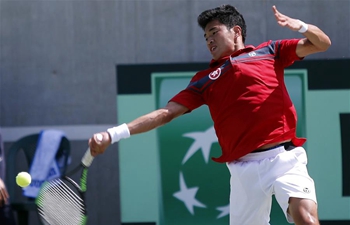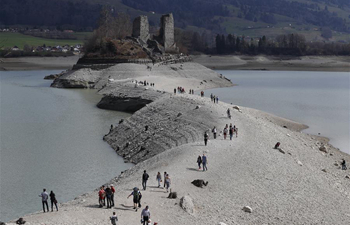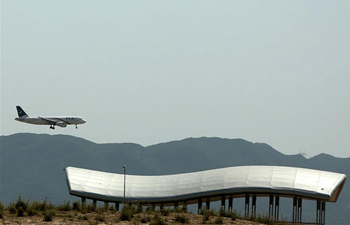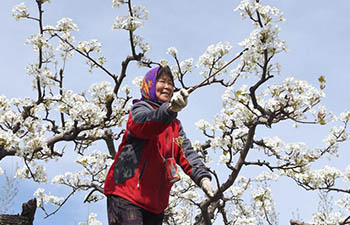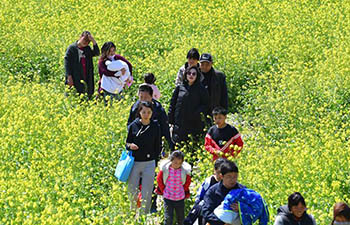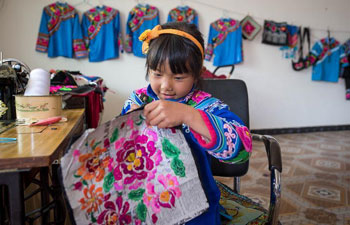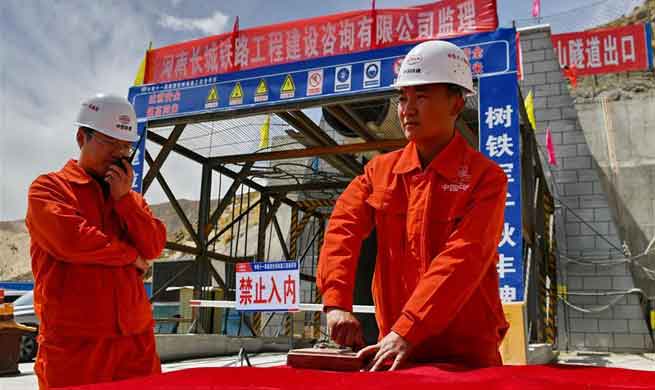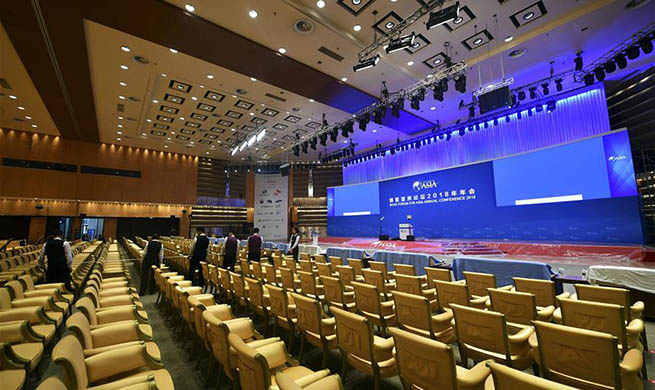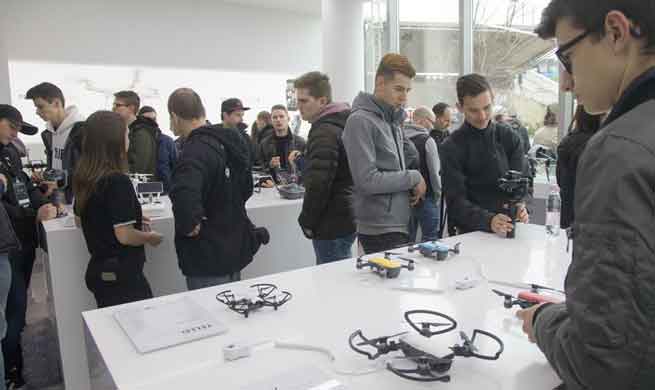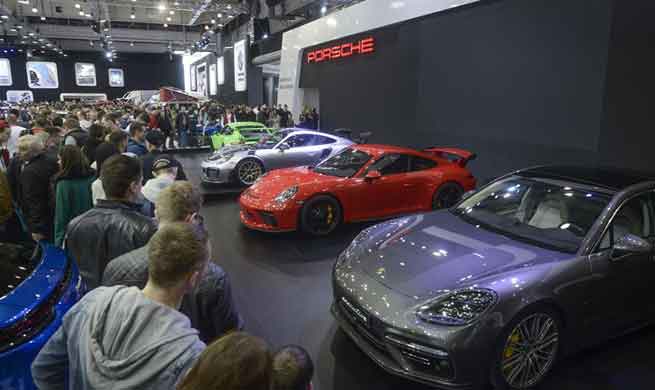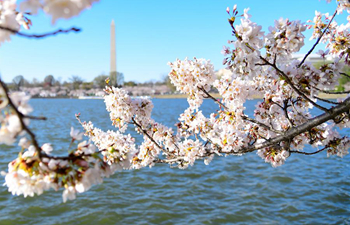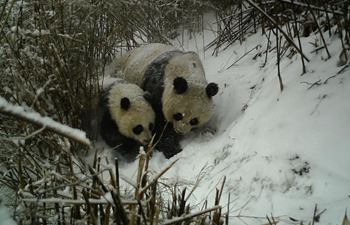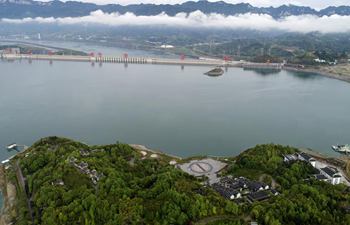VIENNA, April 7 (Xinhua) -- The China-proposed Belt and Road Initiative opens up opportunities for Austria and China to boost cooperation, Austrian Chancellor Sebastian Kurz told Xinhua ahead of his visit to China.
"I see transport, energy and telecommunications, sustainable technologies, rural development, financial services and e-commerce as attractive areas with special expertise" for bilateral cooperation within the framework of the Belt and Road Initiative, Kurz said.
Proposed by Chinese President Xi Jinping in 2013, the initiative aims to achieve policy, infrastructure, trade, financial and people-to-people connectivity along and beyond the ancient Silk Road trade routes, thus building a new platform for international cooperation to create new drivers of growth.
Austrian President Alexander Van der Bellen left for China on Friday to pay a state visit and attend the Boao Forum for Asia Annual Conference 2018 together with a 250-strong delegation, including four cabinet ministers and 170 businessmen. Kurz is expected to join the delegation on Sunday.
All members of the delegation look forward to sharing ideas and discussing future joint projects with China. There are plans to sign numerous agreements that will further boost bilateral relations, Kurz said.
Austria wishes to boost its profile within China and aims to connect key industry players and stakeholders from both countries, he said.
Austria and China have maintained good and intensive relations, and there is enormous upward potential, for example in the areas of export, sustainable infrastructure projects, environment, culture, tourism and science, Kurz said.
In science, the chancellor said the first quantum video conference between Beijing and Vienna in September 2017 is a good example of cooperation between the two countries' academies of science.
Kurz said Austria's know-how in the winter sports arena could also provide numerous opportunities in China ahead of the 2022 Winter Olympics in Beijing.
China has not only registered significant economic progress in recent years, but also been a global actor playing a constructive role in solving problems such as climate change and regional conflicts, Kurz said.
In view of geopolitical developments, a special focus has been placed on China in the Austrian government's five-year working program, Kurz said, adding: "This state visit is a weighty sign of this focus."
Kurz said Austria is an important hub between East and West and has an observer role in the 16+1 cooperation, a platform for cooperation between China and 16 Central and Eastern European countries. "In this role, we are following the ongoing developments with great interest," he added.
He said during the visit, Austria will also pay attention to how it, as a member state of the European Union (EU), will strengthen cooperation with China at multilateral levels in the future.
In general, Austria is very happy that China and Austria have common positions in the multilateral field, Kurz said.
As Austria prepares to take over the rotating presidency of the EU in the second half of this year, Kurz said his country will promote constructive and intense EU-China cooperation, for example, to push forward the negotiations for an EU-China investment agreement.
With a strategic partnership for 15 years, the cooperation between the EU and China has already been extremely intensive and comprehensive, especially in the form of over 60 dialogue forums on various topics, Kurz said.
China has become a key partner for the EU in the areas of security, trade, climate, environmental issues, renewable energy and so on, he said.




